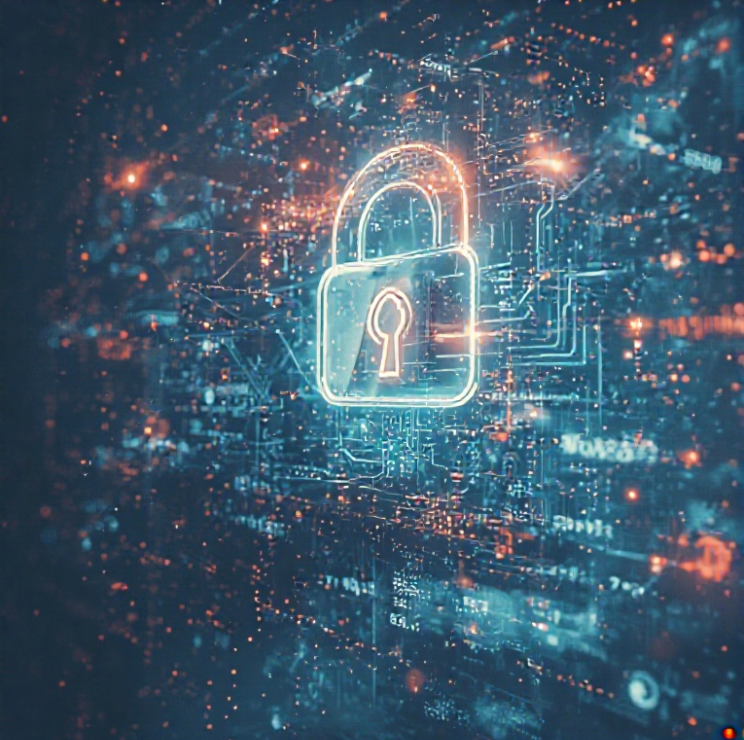What can it hurt to post it? It is just a cute picture.
In the age of AI, your digital footprint is easier than ever for anyone to access. Now they know your name, where you live, where you work, your age, and even more!
In the world of AI, it becomes easier and easier for people to use the information you put on the web to make recordings of “you” doing things you actually never did. This isn’t science fiction anymore. In 2024, an AI generated a recording in which one principal was the victim. It was a powerful reminder that AI can be weaponized—and that protecting your digital identity is no longer optional. There are daily habits you can adopt to reduce the risks.

October is Always Cybersecurity Awareness Month
Launched in 2004 by the U.S. government, Cybersecurity Awareness Month is a national initiative led by the Cybersecurity & Infrastructure Security Agency (CISA) and the National Cybersecurity Alliance. Its goal is to raise awareness about the importance of cybersecurity and empower individuals, schools, and organizations to take proactive steps to protect their digital lives in October and beyond!
Cybersecurity Healthy Habits
1. Don’t Overshare
It’s tempting to post classroom moments, student shoutouts, or personal wins—but be mindful of what’s in the background or caption. Even small details like your school name, schedule, or location can be pieced together by bad actors. If it’s not essential, leave it out.
2. Create Safe, Strong Passwords
Avoid using names of pets, kids, or favorite teams—these are easy to guess! Instead, use a mix of uppercase and lowercase letters, numbers, and symbols. Consider using a password manager to keep track of them securely.
3. Search Your Name
Take a moment to Google yourself. You might be surprised by what’s publicly available. This is a great way to audit your digital footprint and identify old posts or accounts you may want to remove.
4. Clean Up Old Accounts
If you’ve signed up for platforms you no longer use—delete them. Old accounts can be vulnerable entry points for hackers. If deletion isn’t possible, remove personal info and change the password to something unique.
5. Assume Everything Public Is Recorded
Whether you’re speaking at a conference, posting on social media, or commenting in a forum—assume it’s being saved somewhere. This doesn’t mean you shouldn’t share, but it does mean you should share wisely.
6. Don’t Make It Easy for Data Farmers and AI Impersonators
AI tools can now mimic voices, faces, and writing styles. The less personal data you share online, the harder it is for someone to create a convincing fake version of you.
As educators, we’re not just teaching reading and math—we’re also helping students navigate the digital world safely. With AI and online tools becoming part of everyday learning, it’s more important than ever to protect our digital identities and model smart online habits.
Let’s use this month to raise awareness, share tips, and empower our school communities to stay cyber safe.

Kate Metz
Independent School District 1
Science Teacher
10 years in Education, BS Biology MSU Denver

